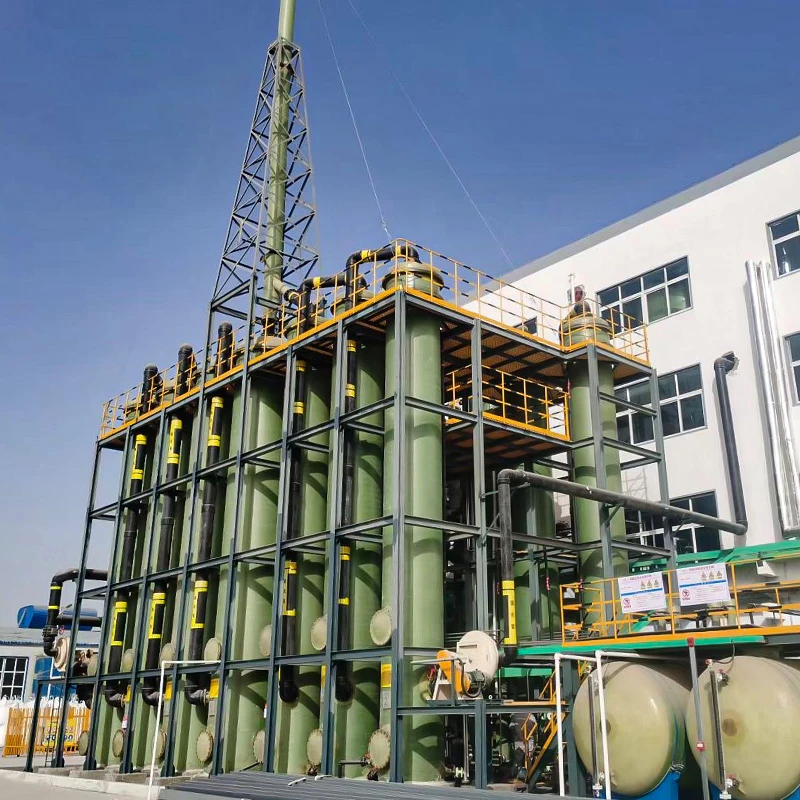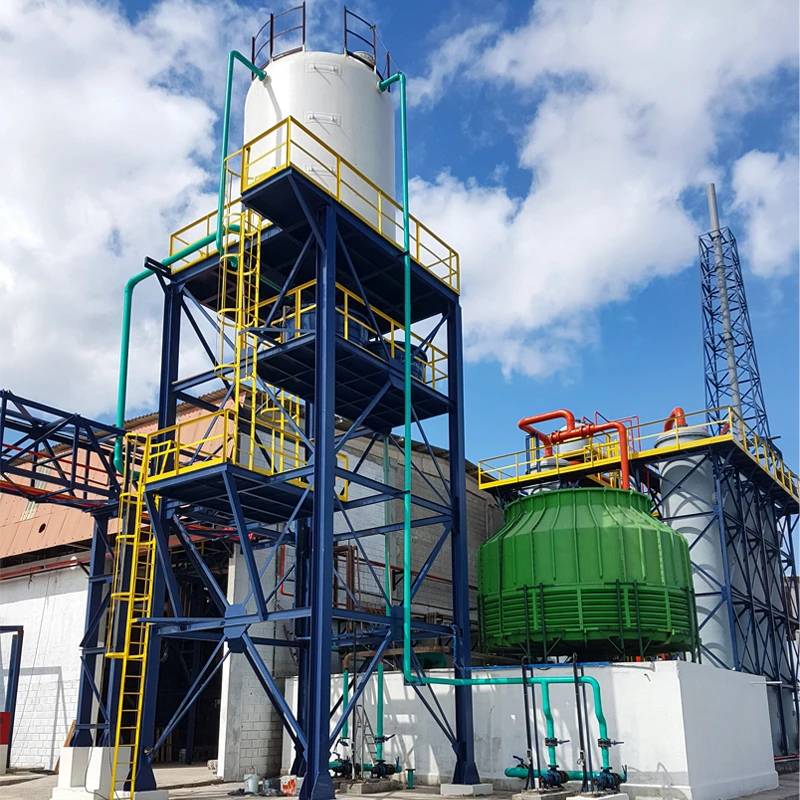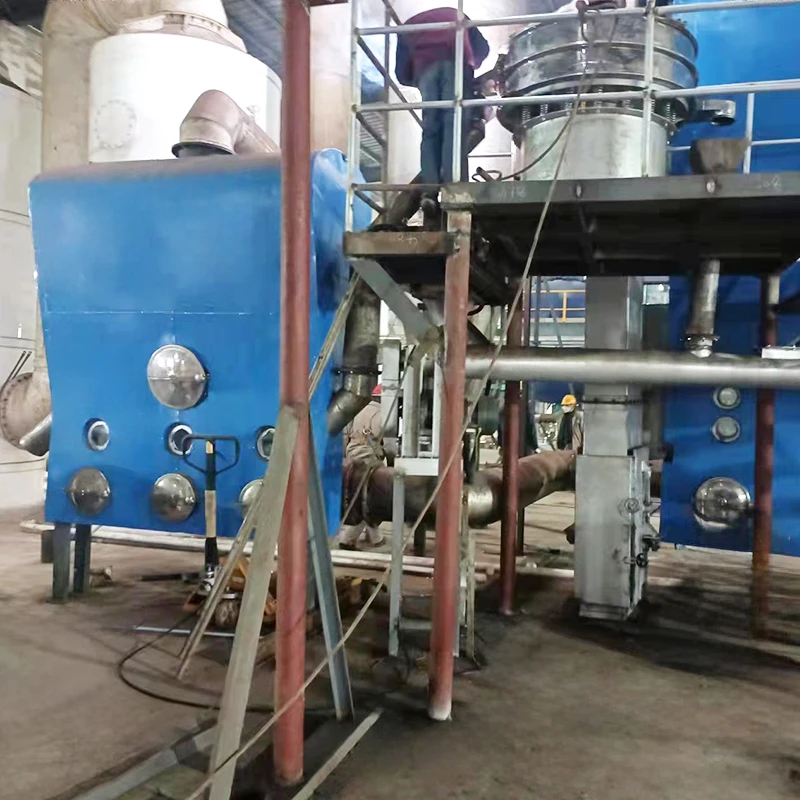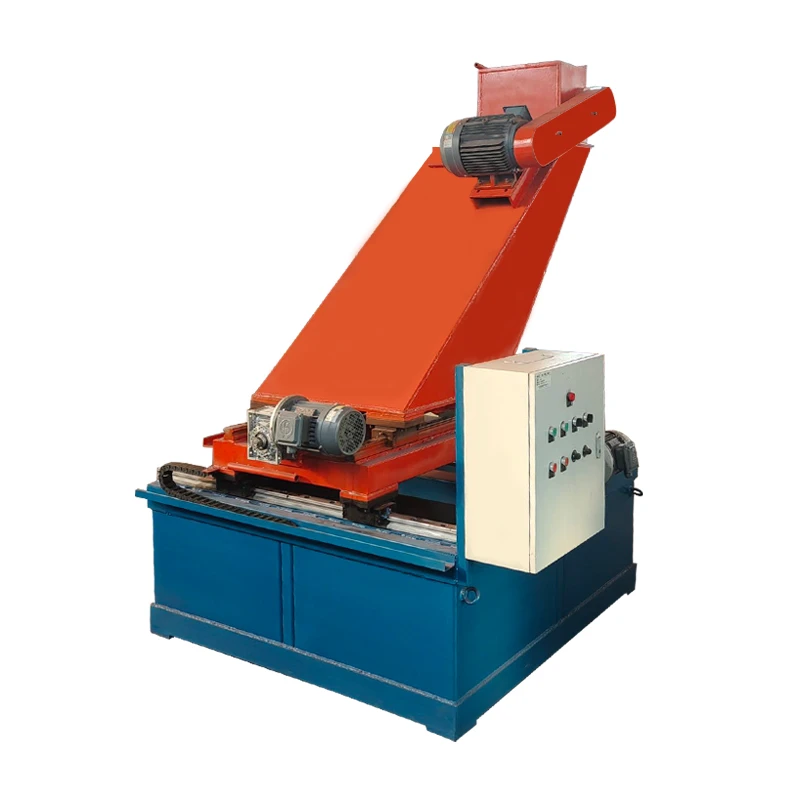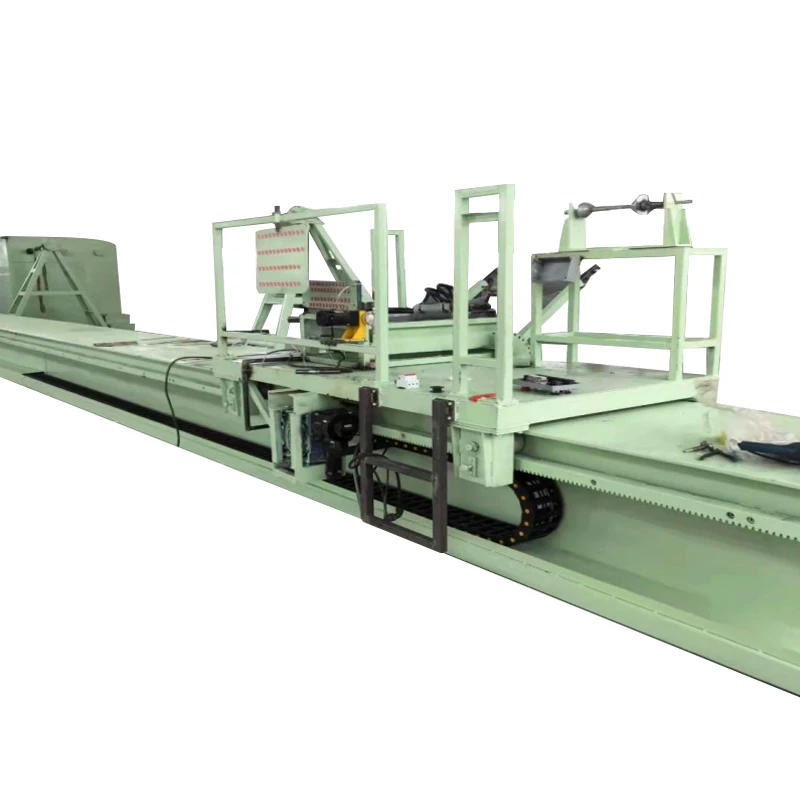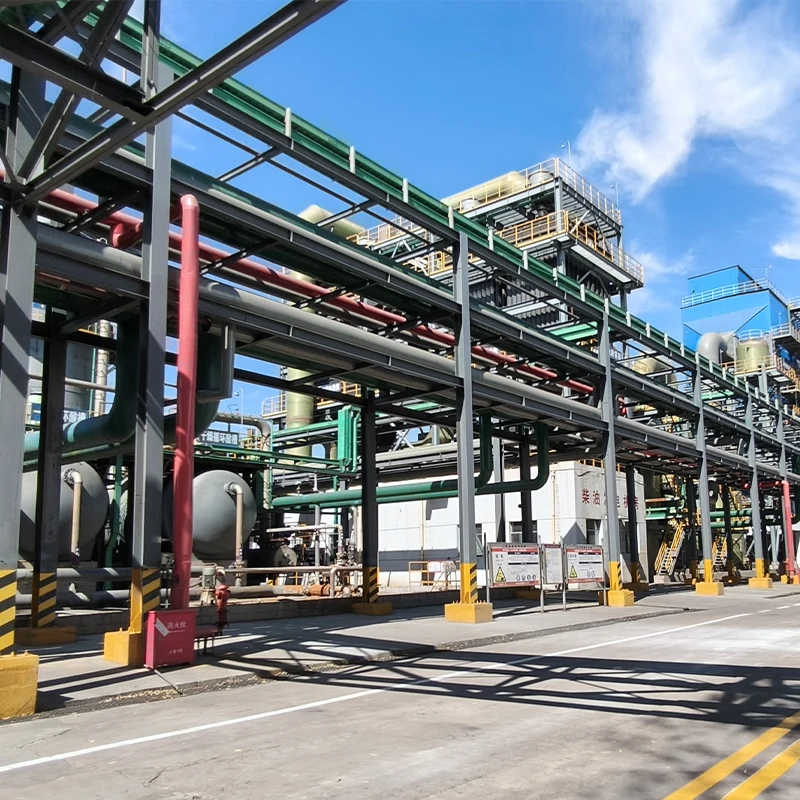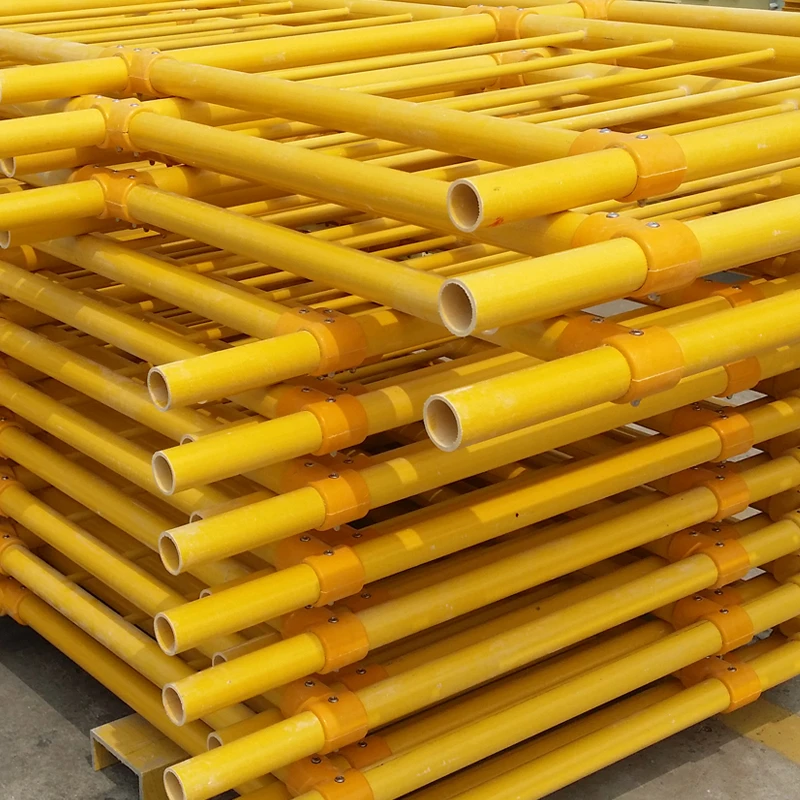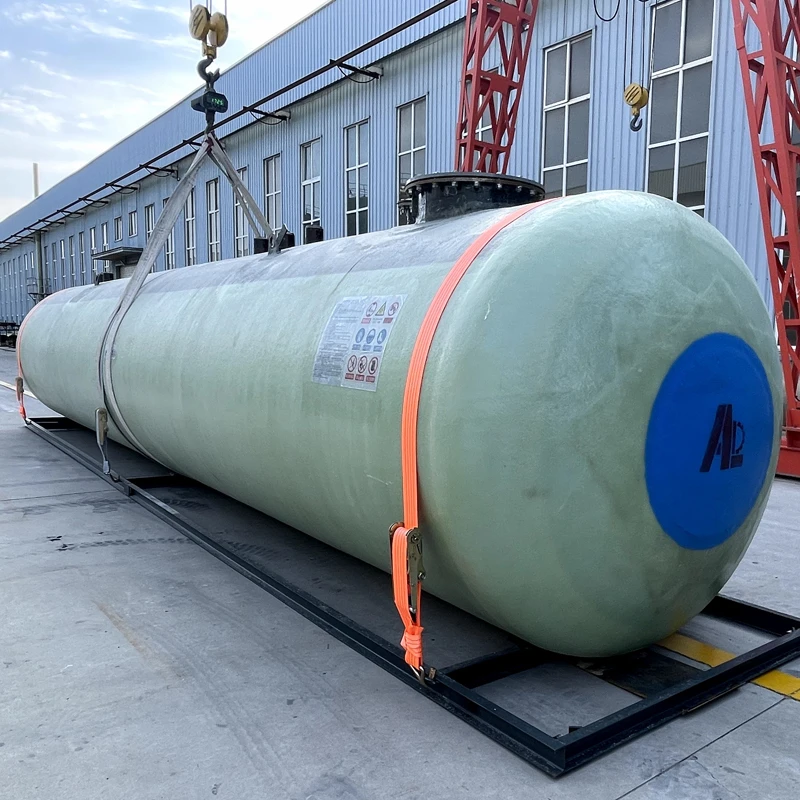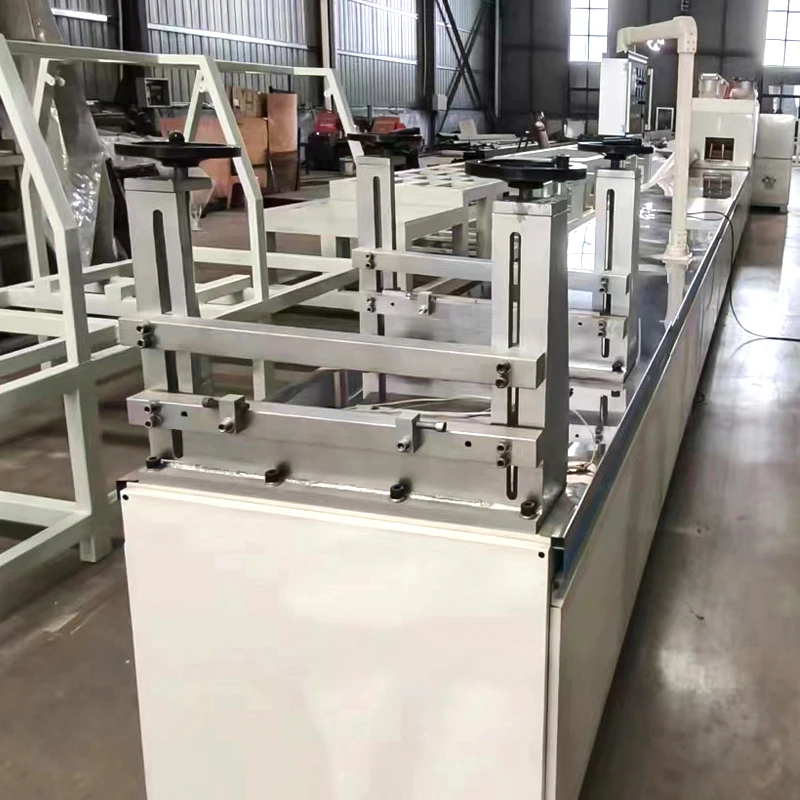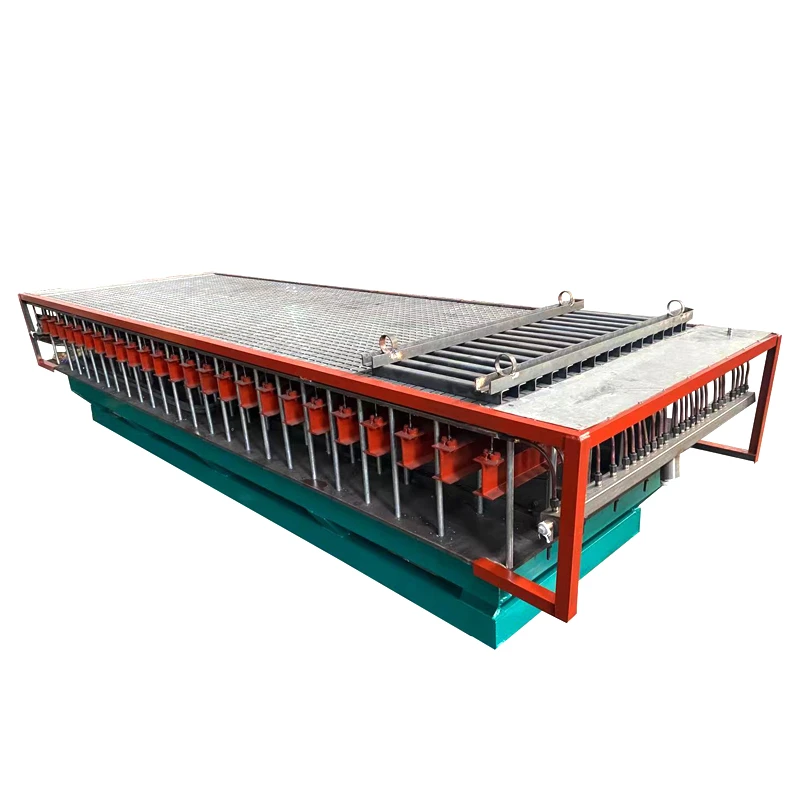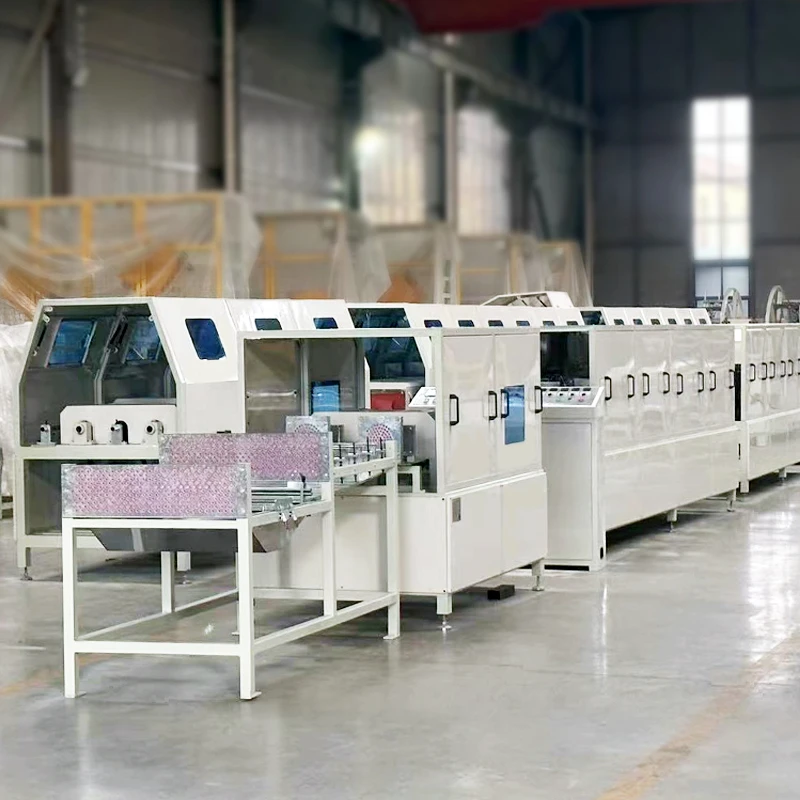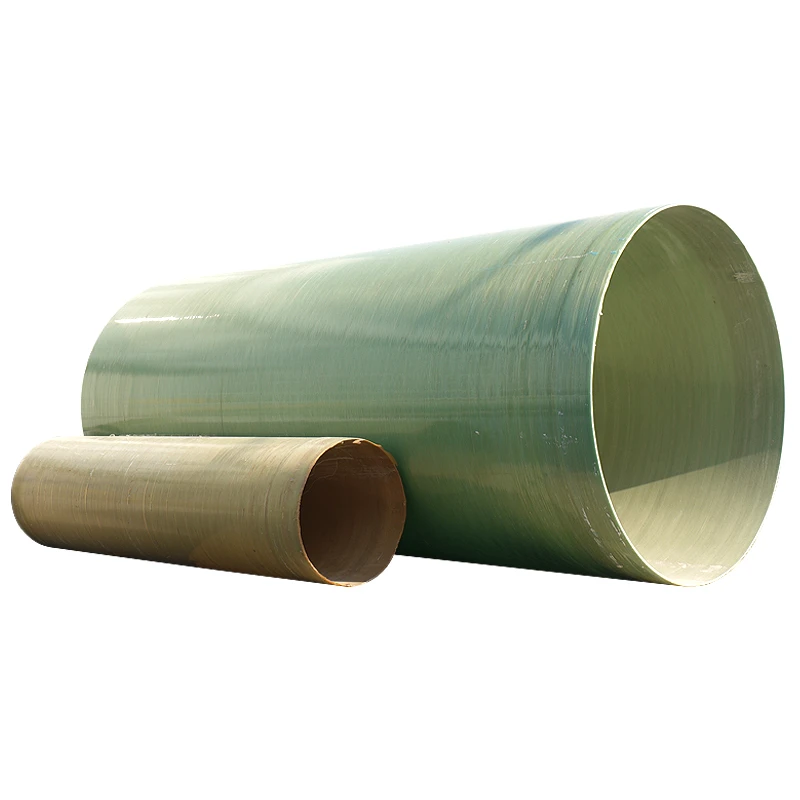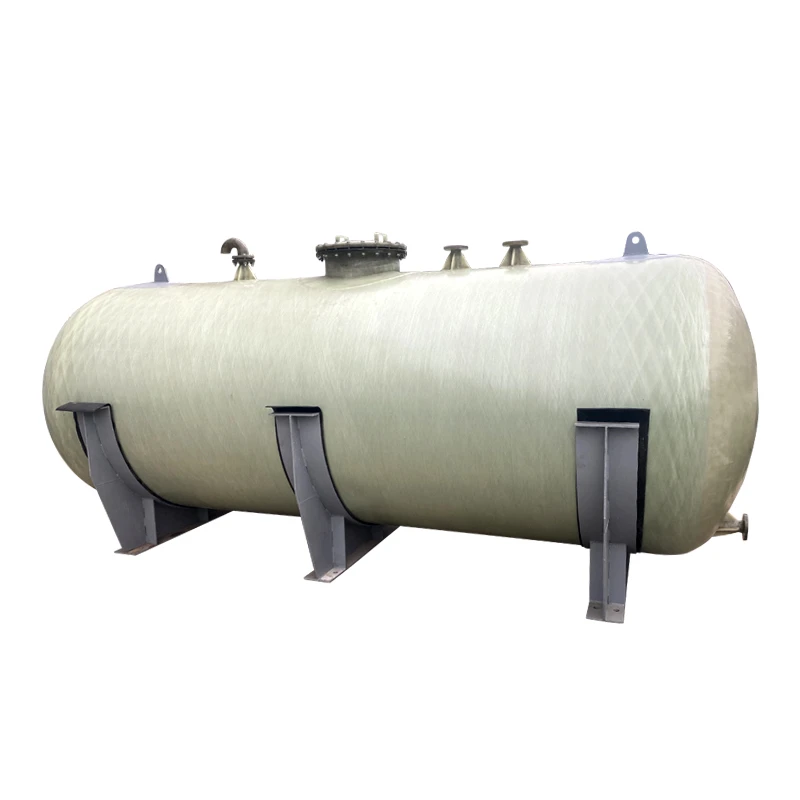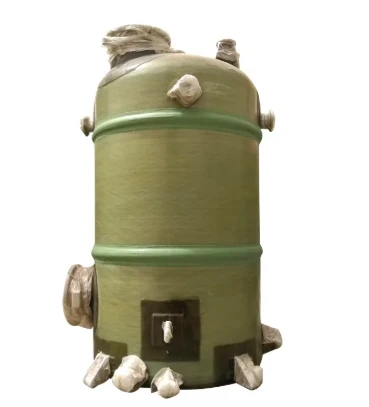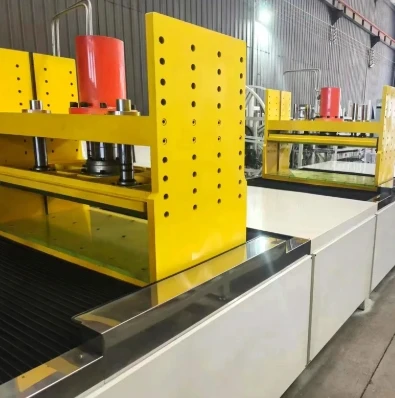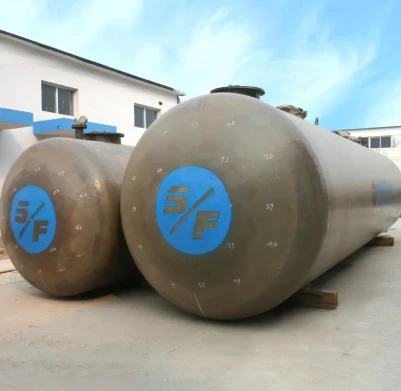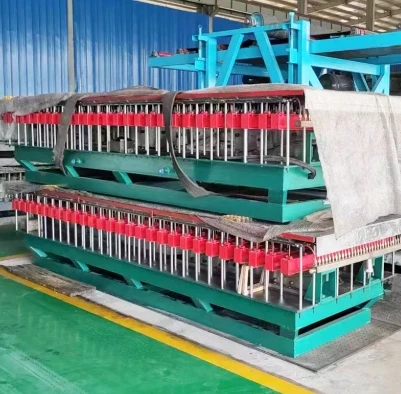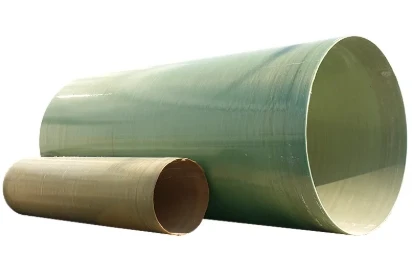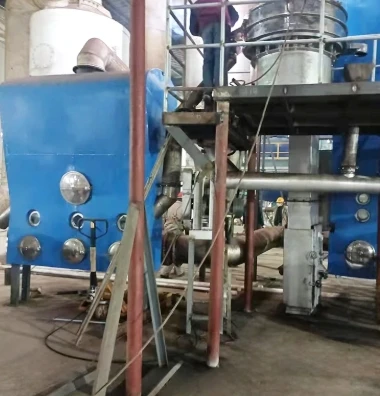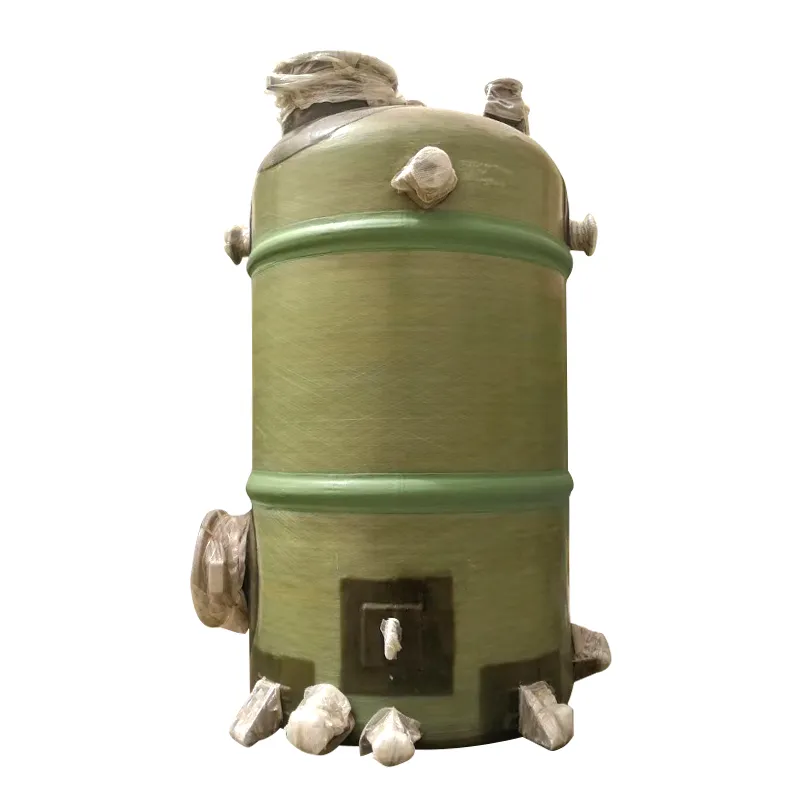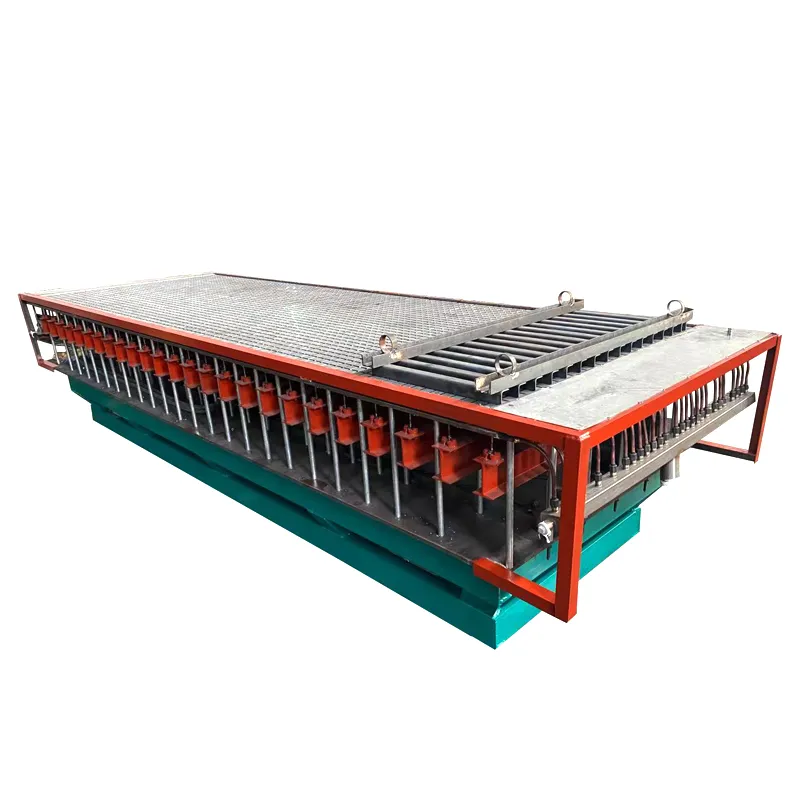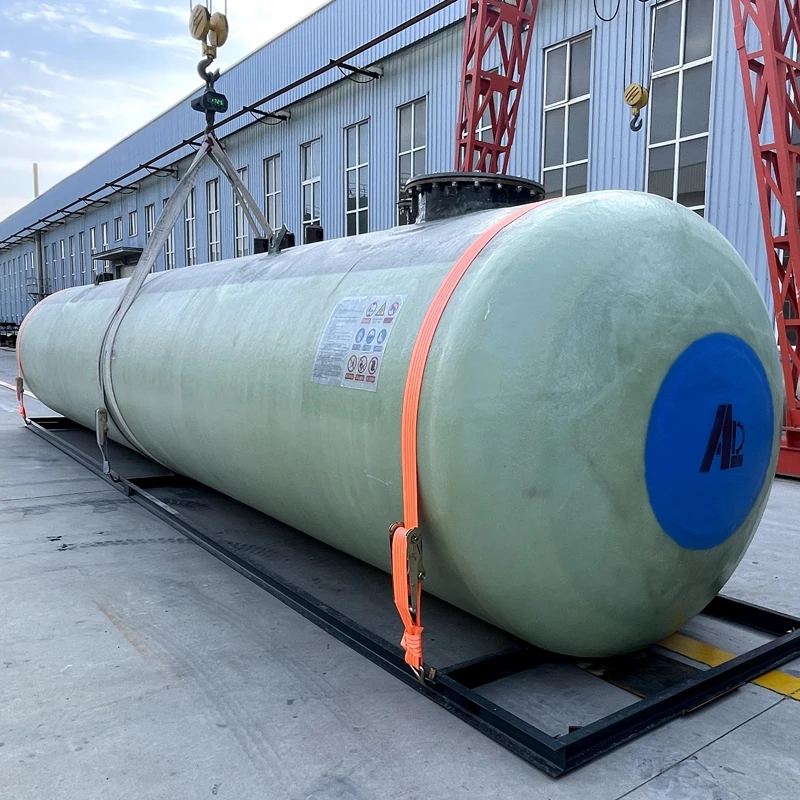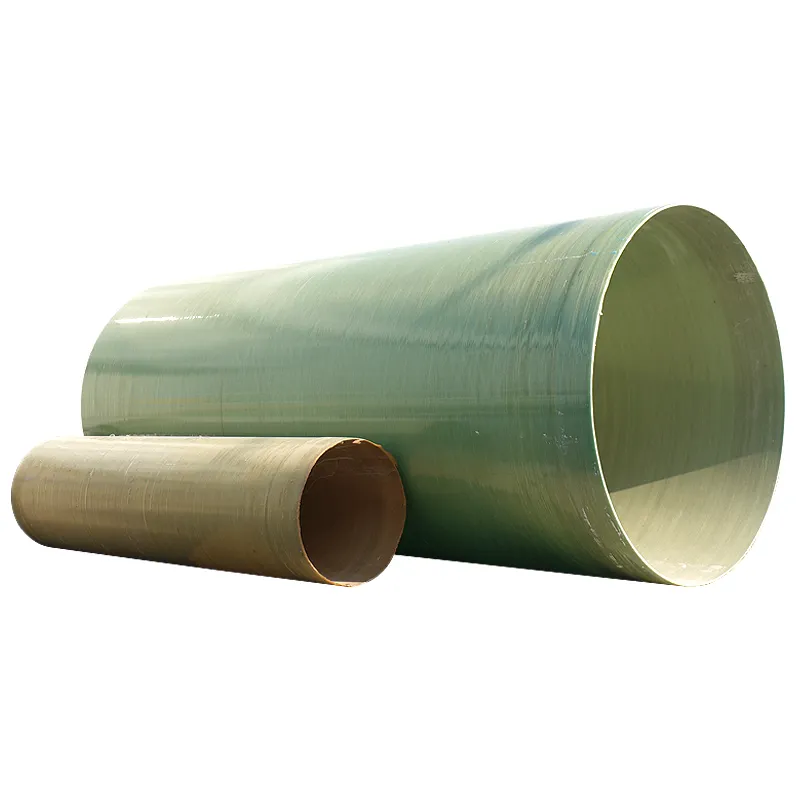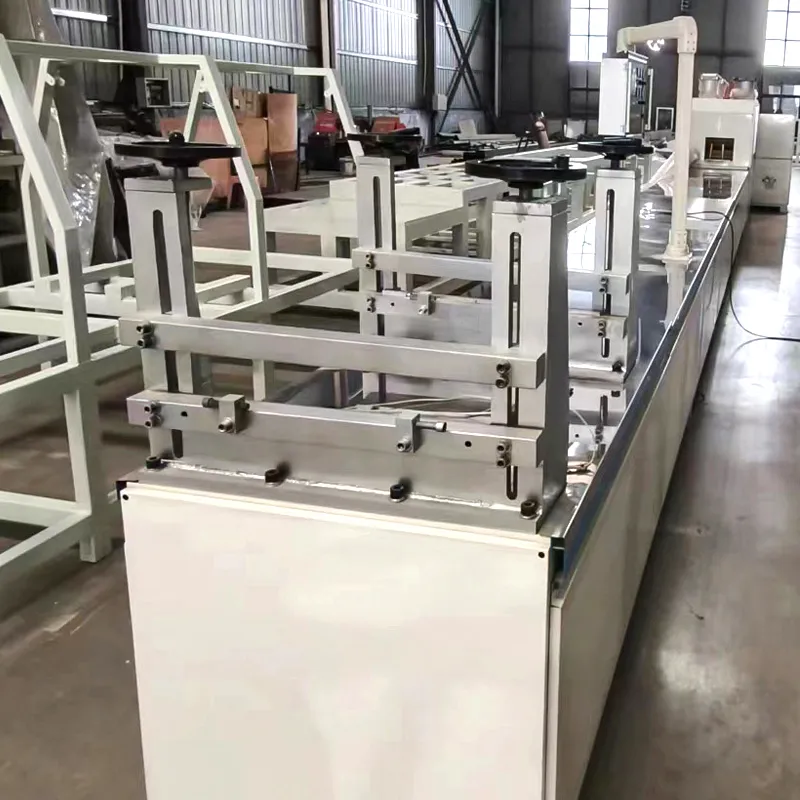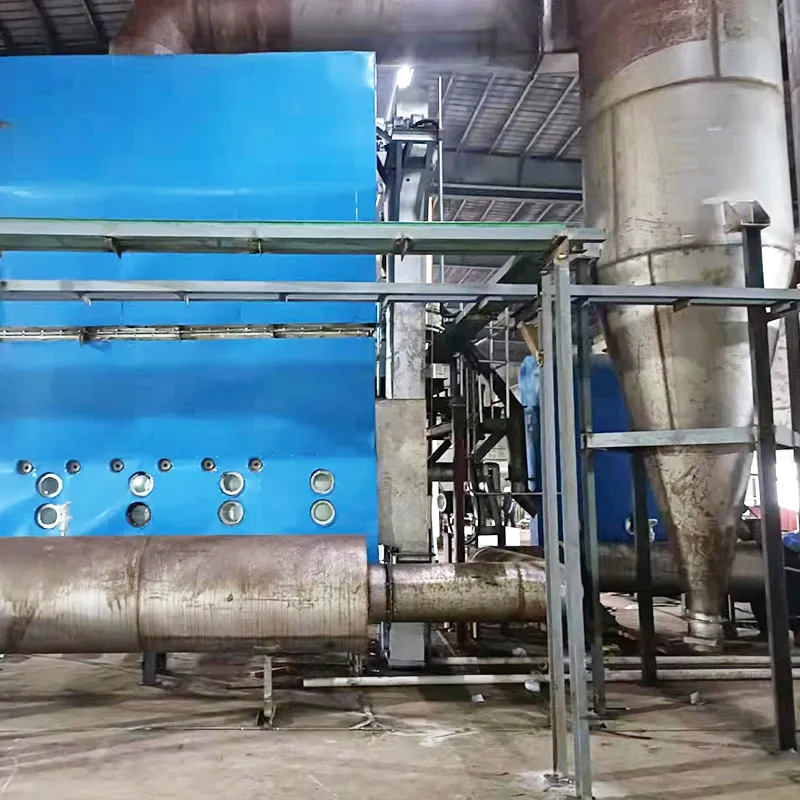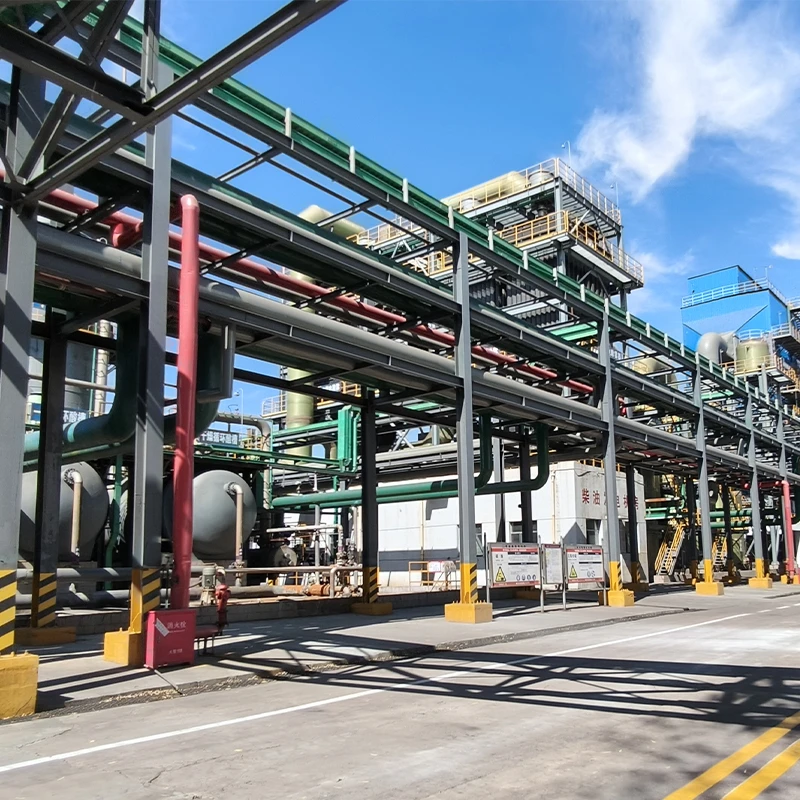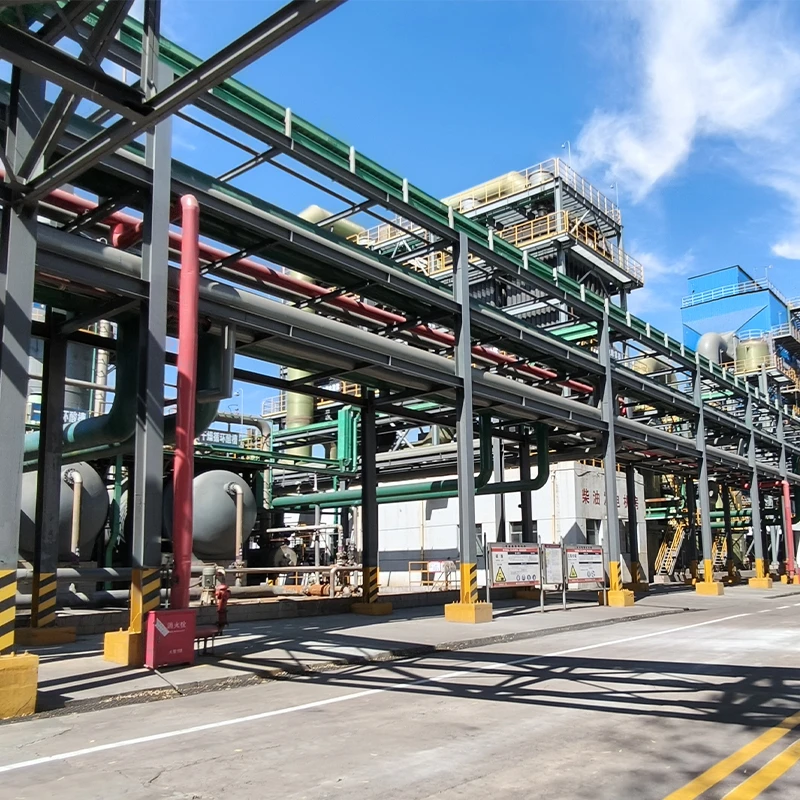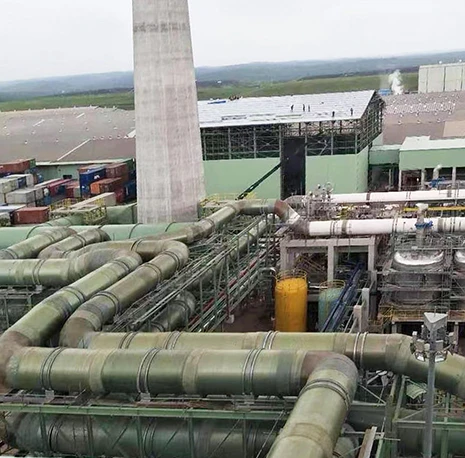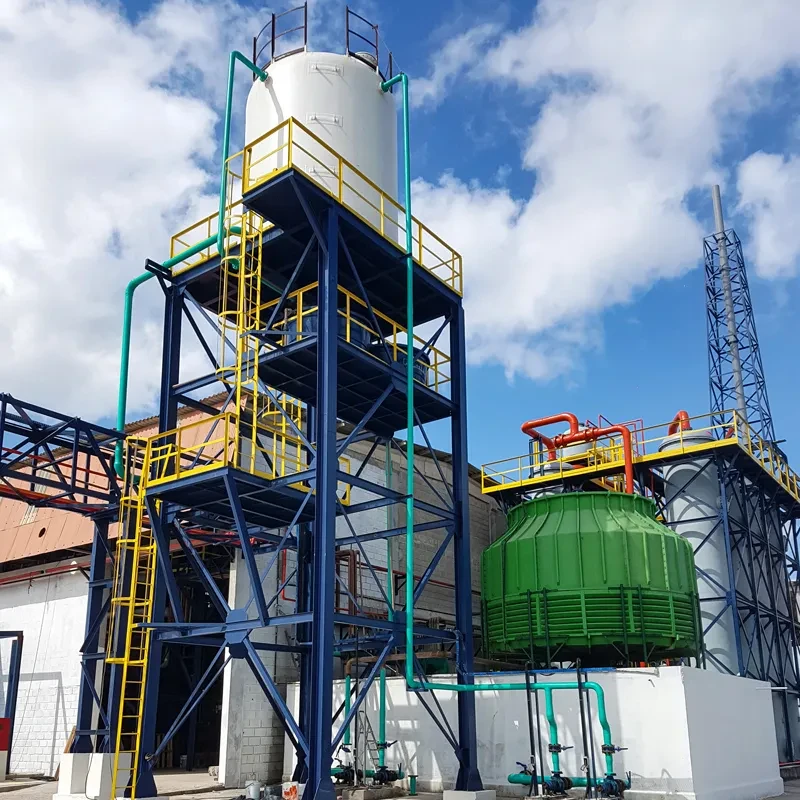Calcium Chloride Production Line: The Future of Smart Chemical Processing
The demand for efficient, intelligent, and eco-friendly chemical systems is rapidly increasing, and the modern calcium chloride production line meets every expectation. From cutting-edge cooling systems to waste gas treatment technologies and automated control processes, leading calcium chloride producers are driving a revolution in the field of chemical manufacturing. In an age of industrial precision, the role of optimized calcium chloride production has become more critical than ever.
Cooling System Design in Calcium Chloride Production Line
One of the most significant innovations in any calcium chloride production line is the enhancement of cooling system design. The exothermic reaction between hydrochloric acid and calcium carbonate demands consistent and accurate heat management. To solve this, modern calcium chloride producers rely on advanced cooling systems featuring stainless steel coils, high-efficiency circulation pumps, and smart thermal sensors.
This level of thermal regulation ensures that the calcium chloride production remains both safe and efficient. With integrated digital feedback loops, operators can monitor and control heat dispersion in real time. This not only maximizes productivity but also extends the operational life of equipment in the calcium chloride production line, allowing calcium chloride producers to maintain peak performance over extended periods.
Automation Technology Enhancing Calcium Chloride Production
The shift toward automation has profoundly transformed the calcium chloride production line. Using centralized control systems like PLCs and SCADA software, today's calcium chloride producers have achieved intelligent control over the entire workflow. From material intake to final packaging, automation has minimized errors and dramatically boosted output consistency.
Through real-time data collection and predictive diagnostics, any anomaly in the calcium chloride production process can be detected and corrected instantly. These smart systems are fully scalable, making it easy for calcium chloride producers to adapt production to different product specifications, such as flakes, pellets, or liquid forms. As more industries rely on chemical solutions, the ability to meet diverse demands efficiently has become a hallmark of a modern calcium chloride production line.
Waste Gas Treatment in Calcium Chloride Production Line
Environmental compliance is non-negotiable for every calcium chloride production line, and leading calcium chloride producers are at the forefront of implementing green technologies. During calcium chloride production, acidic vapors and other emissions must be properly treated to meet regulatory standards and environmental responsibilities.
Today’s waste gas treatment systems are equipped with multi-stage scrubbers, activated carbon filters, and chemical neutralization units that significantly reduce harmful emissions. These advanced setups allow calcium chloride producers to safely manage byproducts and minimize their environmental footprint. Moreover, many modern systems recover useful byproducts from emissions, adding a layer of sustainability and profit to the calcium chloride production line.
Production Versatility and Output Flexibility for Calcium Chloride Producers
What sets a modern calcium chloride production line apart is its remarkable flexibility. Whether a client needs food-grade calcium chloride, industrial deicers, or chemical drying agents, calcium chloride producers can easily tailor their production to meet specific demands. This is made possible through modular configurations that include adjustable mixers, customized drying equipment, and versatile granulation systems.
In addition, high-speed packaging units ensure that calcium chloride production remains streamlined even at large volumes. Dust containment technologies and anti-corrosion linings further support safe and clean output. These advancements mean that calcium chloride producers can efficiently switch between product types without extended downtimes, enhancing competitiveness in the global chemical market.
Calcium Chloride Production Line FAQs
What are the key benefits of automation in the calcium chloride production line?
Automation allows calcium chloride producers to reduce manual labor, improve safety, and deliver consistent quality. Intelligent systems ensure every stage of calcium chloride production runs smoothly and efficiently.
How do cooling systems impact calcium chloride production performance?
Efficient cooling systems are essential for controlling the heat generated during calcium chloride production. With smart designs, calcium chloride production lines can maintain thermal balance, ensuring both safety and product quality.
What steps do calcium chloride producers take to reduce emissions?
Modern calcium chloride producers use advanced gas scrubbing and filtering systems to capture and neutralize harmful emissions, making the calcium chloride production line more environmentally friendly.
Can calcium chloride production lines adjust to different market demands?
Yes, a well-equipped calcium chloride production line offers modular flexibility that allows calcium chloride producers to adapt output according to customer needs—be it granules, flakes, or liquids.
Why are calcium chloride producers investing in intelligent control systems?
Because intelligent systems enhance process efficiency, lower error rates, and allow calcium chloride producers to manage every step of calcium chloride production with precision—even remotely.

